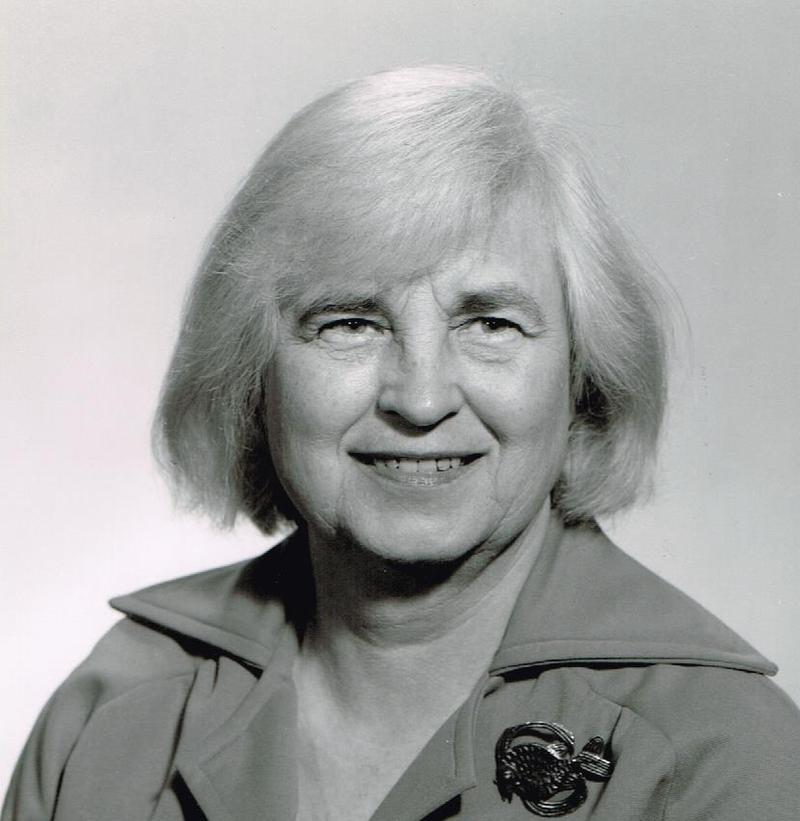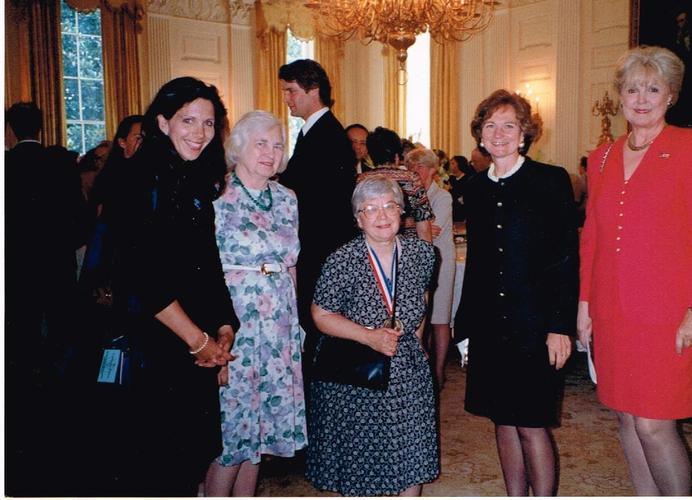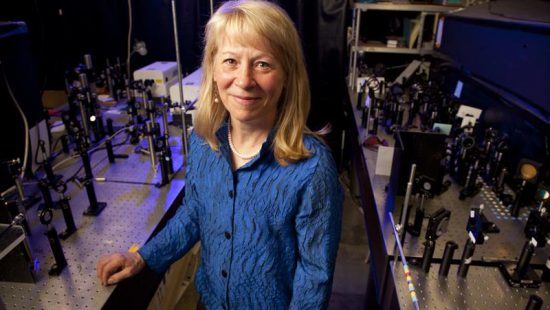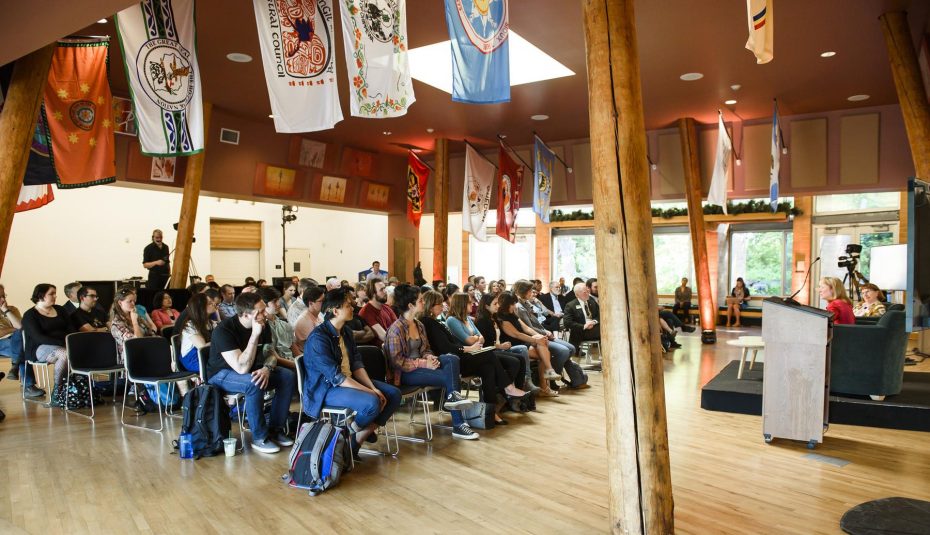Isabella L. Karle was born in Detroit in 1921 to Polish immigrants, and did not speak English until elementary school. Karle was a fast learner, and she advanced grades in school so quickly that she received a B.S., M.S. and Ph.D. in physical chemistry from the University of Michigan before her 23rd birthday.
Karle worked briefly on the Manhattan Project at the University of Chicago alongside her husband, Jerome Karle, before returning to Ann Arbor, where she became the first female member of the chemistry faculty. In 1946, Karle and her husband transferred together to the Naval Research Laboratory (NRL) in Washington, D.C.
It was at NRL that Karle used a novel x-ray scattering technique to determine the structure of crystals, a technique that is used to study the biological, chemical, metallurgical and physical characteristics, allowing processes to be designed to duplicate the molecules being studied.
Karle’s method drastically improved the speed and accuracy of chemical and biomedical analysis and remains the basis of all advanced x-ray crystallography, including computerized programs, used around the world today. The technique has played a major role in the development of new pharmaceutical products and other synthesized materials.
By Jen Santisi







